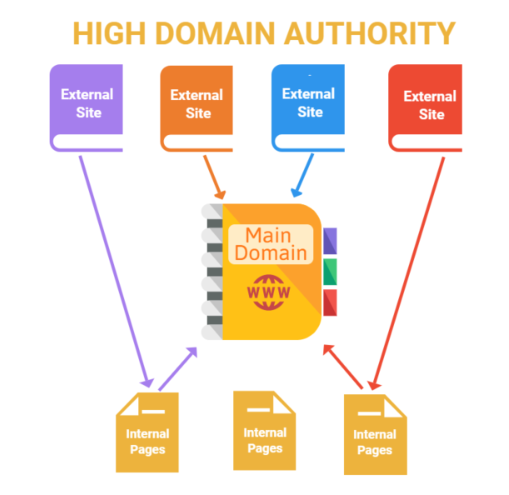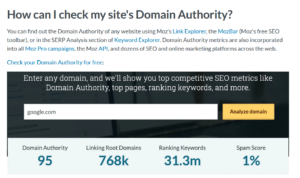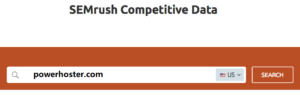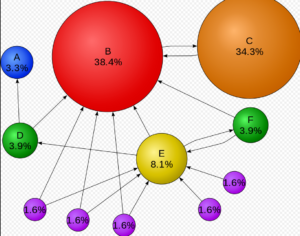Generally speaking, sites with a very large number of high-quality external links (such as Wikipedia or Google.com) are at the top end of the Domain Authority scale, whereas small businesses and websites with fewer inbound links may have a much lower DA score. Brand-new websites will always start with a Domain Authority score of one.

Because Domain Authority is meant to be a predictor of a site’s ranking ability, having a very high DA score shouldn’t be your only goal. Look at the DA scores for the sites you’re directly competing with in the SERPs and aim to have a higher score than your competitors.
It’s best used as a comparative metric (rather than an absolute, concrete score) when doing research in the search results and determining which sites may have more powerful/important link profiles than others. Because it’s a comparative tool, there isn’t necessarily a “good” or “bad” Domain Authority score.
Domain Authority of 20+ is considered as good. Once you reach 20+ DA, you can contact companies for sponsored posts. Some people even sell backlinks if they have 20+ DA. You can sell your domain if you have good contents along with 20+ DA.
The Calculation of Page Authority scores:
Page Authority is scaled on a 100-point logarithmic scale.
In this way, it’s altogether simpler to develop your score from 20 to 30 than it is to push from 70 to 80.
The algorithm is updated regularly hence the score is derived.
One can easily figure out the fluctuations in the score that impacts the page authority.
Where would you be able to discover Page Authority?
Page Authority measurements are joined into many SEO and internet promoting stages over the web.
In the Moz biological community, you can gauge Domain Authority using Open Site Explorer, Moz’s free SEO toolbar, MozBar, or in the SERP Analysis segment of Keyword Explorer.
Domain Authority vs. Page Authority
Whereas Domain Authority measures the predictive ranking strength of entire domains or subdomains, Page Authority measures the strength of individual pages.
Page Authority (PA) is a score developed by Moz that predicts how well a specific page will rank on search engine result pages (SERP). Page Authority scores range from one to 100, with higher scores corresponding to a greater ability to rank.
Page Authority is based on data from our web index and takes into account dozens of factors. Like Domain Authority, it uses a machine learning model to identify the algorithm that best correlates with rankings across the thousands of SERPs that we predict against, then produces Page Authority scores using that specific calculation.
Where can you find Domain Authority?
Domain Authority metrics are incorporated into dozens of SEO and online marketing platforms across the web.
In the Moz ecosystem, you can measure Domain Authority using Link Explorer, MozBar (Moz’s free SEO toolbar), or in the SERP Analysis section of Keyword Explorer.






